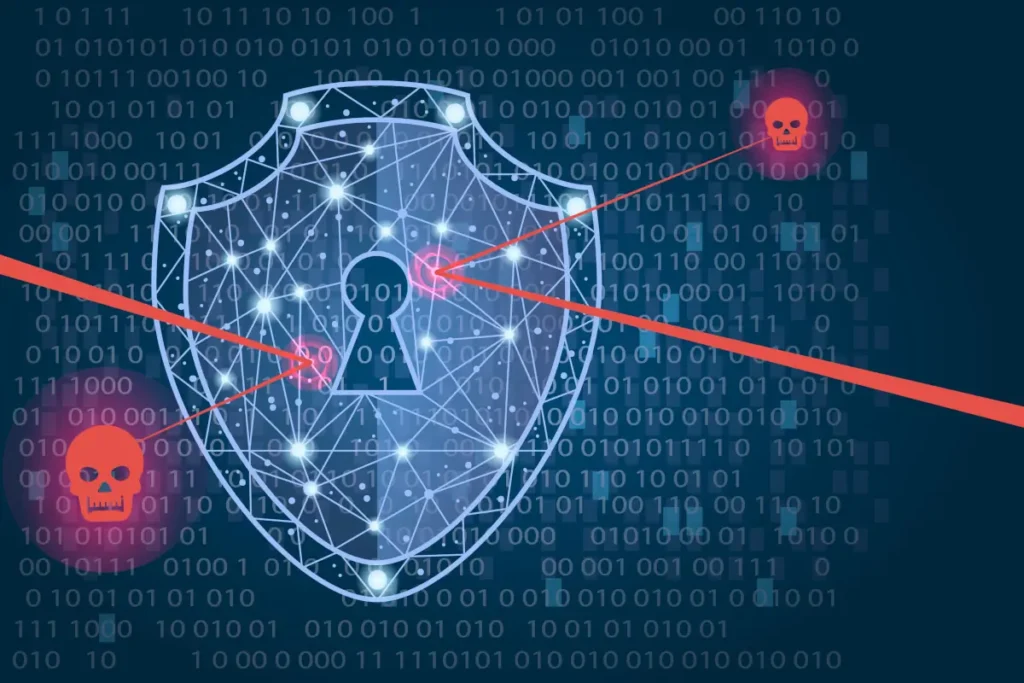In today’s always-connected world, being able to freely browse the web feels like a basic right. So what happens when you try to visit a site – only to find it blocked? Can your internet service provider (ISP) actually stop you from accessing certain websites?
The short answer is: yes, but with some big caveats. This guide breaks down why internet providers block websites, how it affects your rights, and what you can do if it happens to you.
How Internet Providers Block Websites – and Why
Internet providers play a major role in how we access the internet. While they mostly operate behind the scenes, they do have the power to block access to specific websites under certain circumstances.
Here are some common reasons:
Legal Requirements
Many countries have laws that require ISPs to block access to illegal or restricted content. For example:
- Copyright infringement: ISPs may be ordered to block torrenting or piracy sites.
- Harmful content: Sites promoting hate speech or illegal activity may be restricted.
Network Security
Some websites are blocked because they pose risks like:
- Spreading malware
- Hosting phishing scams
- Compromising user data or ISP infrastructure
Policy Violations
If a site violates an ISP’s terms of service – say, by distributing prohibited content – it might be taken down without needing a court order.
These blocks aren’t always permanent and often depend on legal rulings or customer complaints.
What Are Your Rights as an Internet User?
Your rights to online access depend largely on where you live and what laws apply to your internet provider.
In areas with strong net neutrality rules, ISPs must treat all websites equally. That means:
- No slowing down specific sites (throttling)
- No blocking content arbitrarily
- No charging extra for access to certain platforms
However, if net neutrality isn’t enforced where you live, ISPs may have more control over what you can and can’t see online.
How to Know If a Website Is Blocked by Your ISP
Not sure whether a site is really down or just blocked for you? Here’s how to find out:
- Use a status checker tool
- Try a different device or network (e.g., mobile data instead of Wi-Fi)
- Contact your ISP and ask if the site is restricted on their end
If a website is blocked, most ISPs are required to explain why – especially if it’s due to legal enforcement.
Can You Bypass ISP Website Blocking?
Yes, but you need to be smart and cautious. Here are a few common methods and their legal considerations:
Try an Alternative Source
If a website is blocked, see if the same info exists on other platforms. For example, some content creators publish across multiple sites.
Use a VPN (Virtual Private Network)
A VPN hides your IP address and encrypts your internet traffic, letting you access sites that may be restricted by your ISP. (Legal Note: While VPNs are legal in many places, using one to access prohibited content may not be. Always check your local laws.)
Challenge the Block
If you think a website was unfairly restricted, you can:
- Request a formal explanation from your ISP
- File a complaint with a consumer rights agency
- In some cases, challenge the block in court
The Bigger Picture: Internet Freedom & Net Neutrality
Website blocking by internet providers ties directly into the larger debate over internet freedom and digital rights. As new tech and laws emerge, these questions are more relevant than ever:
- Should internet providers decide what you can access?
- Who holds them accountable for unjust blocks?
- Will net neutrality rules return or disappear for good?
Staying informed and advocating for fair access is key to protecting your rights as a digital citizen.
Conclusion
So, can your internet provider block websites? Technically, yes. But the “why” behind the block, and what you can do about it, depends on the laws in your area, the ISP’s policies, and your own awareness as a user.
Understanding your internet access rights puts you in a better position to:
- Ask questions
- Spot unfair practices
- Protect your online freedom
If you’ve faced blocked websites or have thoughts on ISP policies, join the conversation below. The more we talk about internet transparency, the more we protect it.
FAQs About ISPs and Website Blocking
- Can my internet provider block any website for no reason? Not usually. Most blocks must follow a legal or policy-based reason, such as copyright violations or security risks.
- What is net neutrality? Net neutrality is the principle that all websites and services should be treated equally by ISPs. It prevents throttling, blocking, or prioritizing certain sites.
- How can I tell if a website is just down or blocked by my ISP? Use tools like IsItDownRightNow.com or try accessing the site using mobile data or a different Wi-Fi network.
- Are VPNs legal to use for bypassing website blocks? In many countries, yes. But using them to access illegal content may still violate laws. Always stay informed about local regulations.
- Can I challenge a blocked website in court? Yes, especially if the block affects your business or freedom of expression. Legal success depends on your location and the basis for the block.


